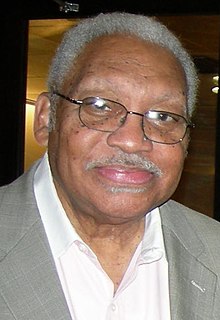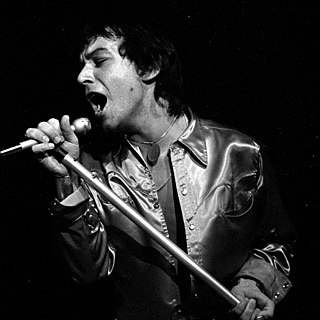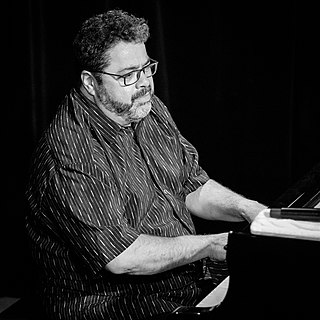A Quote by Duke Ellington
If anybody was Mr. Jazz it was Louis Armstrong. He was the epitome of jazz and always will be. He is what I call an American standard, an American original.
Related Quotes
If anybody was Mr. Jazz it was Louis Armstrong. He was the epitome of jazz and always will be. He is what I call an American standard, an American original. ... I merely took the energy it takes to pout and wrote some blues. ... I don't need time, I need a deadline. ...There are two kinds of music. Good music, and the other kind. ... Music is my mistress, and she plays second fiddle to no one.
I grew up in the Great Depression, and the jazz artists and Dixieland musicians were at the core of our communications and enjoyment. They were not passing fancies. They are something that is, and will be, listened to again and again. I have a space of reverence for some of those old jazz stars such as Sydney Bechet and Louis Armstrong.
I think that anybody from the 20th century, up to now, has to be aware that if it wasn't for Louis Armstrong, we'd all be wearing powdered wigs. I think that Louis Armstrong loosened the world, helped people to be able to say "Yeah," and to walk with a little dip in their hip. Before Louis Armstrong, the world was definitely square, just like Christopher Columbus thought.
My school music teacher, Al Bennest, introduced me to jazz by playing Louis Armstrong's record of "West End Blues" for me. I found more jazz on the radio, and began looking for records. My paper route money, and later, money I earned working after school in a print shop and a butcher shop went toward buying jazz records. I taught myself the alto saxophone and the drums in order to play in my high school dance band.


































